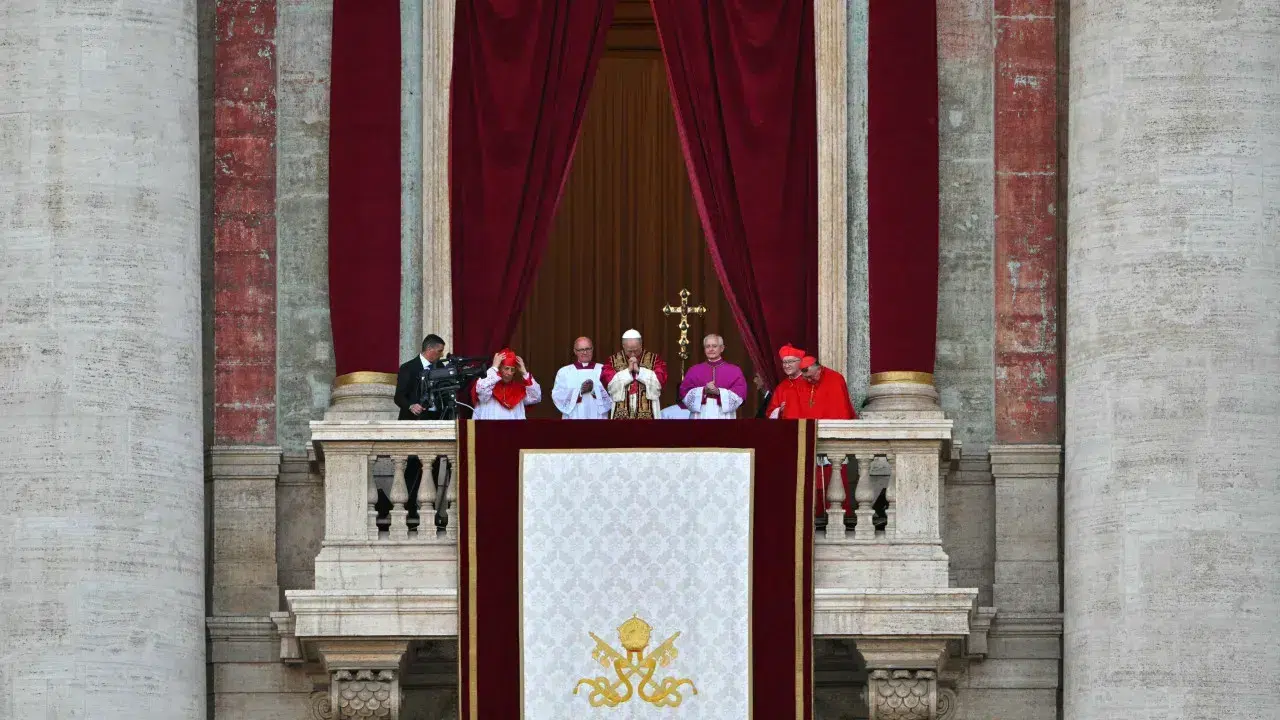
The encyclical was published on May 15, 1891, following the industrial revolution. It was the first major document of the Catholic Church that explicitly addressed social and economic issues during a time of significant social upheaval, and is considered the foundation of the Church’s social doctrine in the strict sense.
“The thirst for innovations, which has long taken hold of societies and keeps them in a feverish turmoil, had to, sooner or later, pass from the realms of politics to the neighboring sphere of social economy,” begins the Introduction of the encyclical, noting that “the alteration of relations between workers and employers, the influence of wealth in the hands of a few alongside the destitution of the multitude, the increasingly favorable opinion that workers form of themselves and their more cohesive union, all of this, not to mention the corruption of morals, has resulted in a formidable conflict.”
Safeguarding the role and social function of the Church, the encyclical, using the language of the time, sets out among the duties of the “poor and worker” that they “must provide in full and faithfully all the work to which they have committed through free contract and according to equity.”
As for the wealthy and employers, “they must not treat the worker as a slave,” respecting their “dignity as a human being.” Among the main duties of the employer, the document states, “it is necessary to place, first and foremost, the duty to give each person the appropriate wage,” but “certainly, in setting the just measure of wages, there are numerous viewpoints to consider,” including guarding against “any violent act, every fraud, every usurious maneuver” against the poor.
Later, other encyclicals followed, keeping pace with the times, published by other popes, including Pius XI, John XXIII, and Paul VI.
Considerations on the Church’s role and the human dignity and common good in society are attributed to Saint Augustine, one of the most important theorists and philosophers of early Christianity (4th century).
Fittingly, the new Pope is an Augustinian, having joined the Order of Saint Augustine in 1977, in Saint Louis, Missouri (United States).
See Also: Comunidade Israelita de Lisboa congratulates Leão XIV and wishes for “dialogue”




